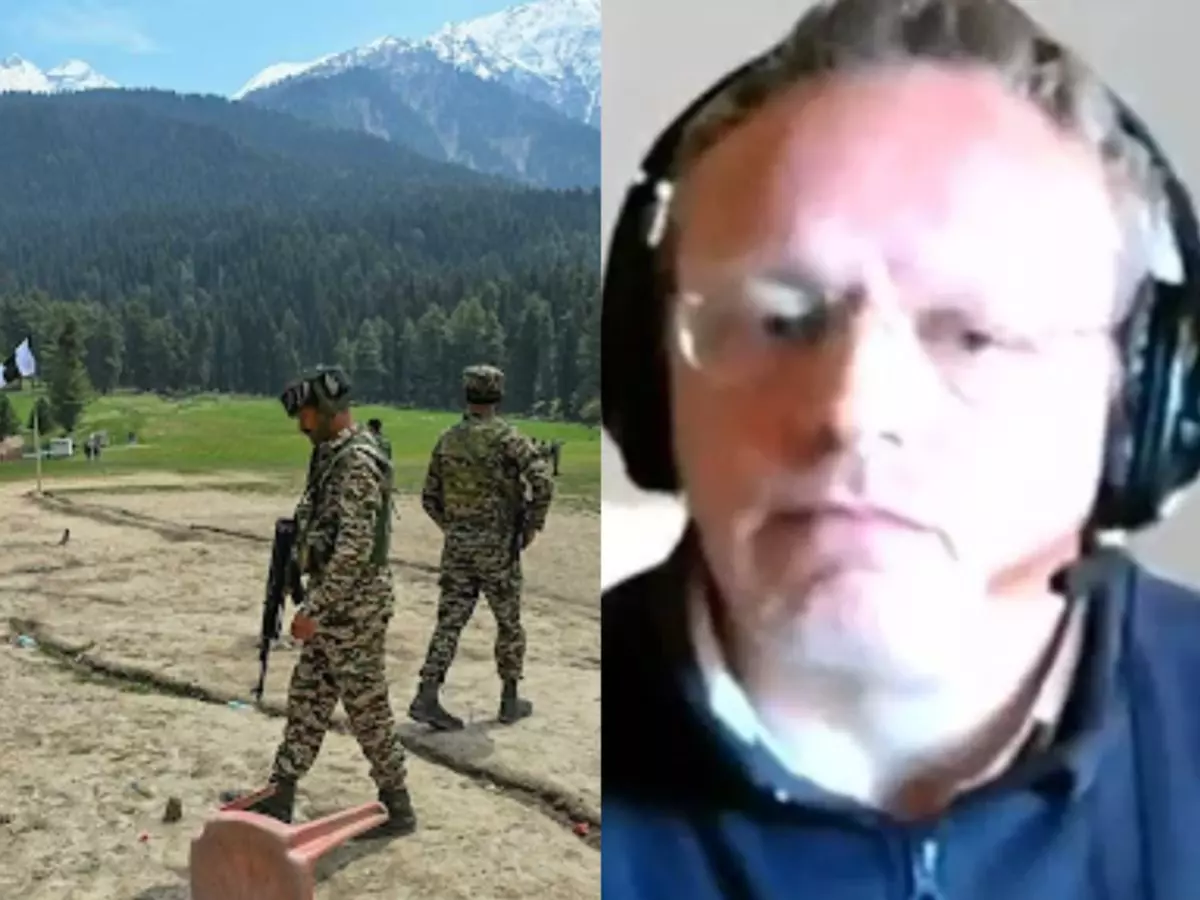Who is Tom Cooper? The military historian who said India¡¯s Operation Sindoor was a clear victory
Austrian military historian Tom Cooper called India¡¯s recent strikes on Pakistan a ¡°clear-cut victory.¡± He explained why Pakistan failed to respond, how Indian caution shaped events, and what satellite images show about major damage to Pakistani air bases.

Tom Cooper is a well-known name in the world of combat aviation history and aerial warfare analysis. An Austrian by nationality, Cooper has earned global recognition for his extensive work on military aviation, especially in regions like the Middle East, South Asia, and Africa. With more than 50 books and 1,000 articles to his name, Cooper is among the most prolific writers in his field. He shifted to in-depth military analysis after a long career in the global transportation industry, during which he built a wide network of contacts in conflict-prone regions.
From transport industry to military archives
Before becoming a respected figure in military circles, Cooper worked in the international transportation sector. It was during this time that he developed strong connections in the Middle East and Africa. Over the years, his interest shifted towards smaller, less-discussed air forces and conflicts, for which he built extensive archives. His work includes detailed studies of the air forces of Egypt, Iran, Iraq, Syria, and several African and Asian countries. One of his major contributions is a comprehensive analysis of Arab air forces during the wars with Israel between 1955 and 1973.
#NuclearLeak #radiation #KiranaHills
¡ª Killer Cool ?? (@KillerCool13) May 13, 2025
A lot of data and confirmation from credible sources confirms that Neuclear Facility was hit at Kirana Hills in Pakistan by IAF
Tom Cooper is very much sure about it..
Pakistan's neuclear bluff and fake narrative is exposed pic.twitter.com/Bw7soZLQMV
Cooper¡¯s views on India's Operation Sindoor
As per CNN-News18, Cooper described India's recent military actions against Pakistan as a "clear-cut victory." He stated that the Indian Air Force's strikes, especially those targeting nuclear weapon storage sites in Pakistan, showed the imbalance between the two sides. ¡°Pakistan is not entirely defenceless, but largely unable to defend itself from Indian strikes,¡± Cooper said. He pointed out that despite the success, Indian authorities have chosen not to make public declarations, calling this approach ¡°cautious enough.¡±
He further said, ¡°The strikes on two defence nuclear weapons storage facilities in Pakistan are very clear. Nobody plays with nuclear sites not even conservative Indian generals. Their restraint shows they know Pakistan cannot respond by using these weapons.¡±
On the ceasefire and damage to Pakistan¡¯s air bases
Cooper also commented on the reported ceasefire between India and Pakistan, which followed a request from Pakistan¡¯s DGMO. ¡°Pakistan is receiving blow after blow, but India is receiving no blow at all,¡± he said, adding that the outcome remained one-sided regardless of India¡¯s aircraft losses.
Recent satellite images released by Maxar Technologies on Tuesday supported these claims. The images revealed heavy damage to four key Pakistani air bases¡ªNur Khan Air Base in Rawalpindi, PAF Base Mushaf in Sargodha, Bholari Air Base, and PAF Base Shahbaz in Jacobabad.
The military exchange began after a terrorist attack on April 22 in Pahalgam, Kashmir, where 26 tourists were killed. India¡¯s response has since drawn global attention, with analysts like Cooper weighing in on its impact.
For more news and current affairs from around the world, please visit Indiatimes News.
